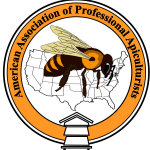
2025 ABRC Proceedings
Part 2 https://doi.org/10.55406/ABRC.6.25.2 This is the second part of the ABRC proceedings, including abstracts relating to Nutrition and Foraging, Physiology, Management and Breeding and…
Read More
Part 2 https://doi.org/10.55406/ABRC.6.25.2 This is the second part of the ABRC proceedings, including abstracts relating to Nutrition and Foraging, Physiology, Management and Breeding and…
Read More
Part 1 https://doi.org/10.55406/ABRC.5.25.1 The American Association of Professional Apiculturists (AAPA) is an organization consisting of professors, state apiarists, scientists and students who all study…
Read More
Zachary S. Lamas, Serhat Solmaz, Cory Stevens, Jason Brag Eugene V. Ryabov, Shayne Madella, Miguel Corona, Jay D. Evans ABSTRACT by Dr Zachary Lamas Rearing honey bees in the laboratory has been met with numerous roadblocks….
Read More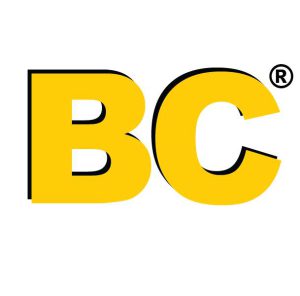
Jerry Hayes With the Scary Losses in honey bee colonies being reported and not knowing the exact cause I was shared a paper from…
Read More
Project Apis m. Colony Loss Survey 2025 As beekeepers prepare for almond pollination and reports of losses mount, PAm has been asked by researchers and…
Read More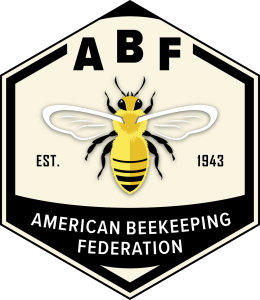
We are gathering confidential information on recent hive losses. This is not an official survey but an attempt to help Dr. Jay Evans, Bee…
Read More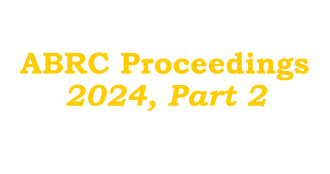
Part 2 DOI: https://doi.org/10.55406/ABRC.4.24.2 Pesticides and Acaricides Control of Varroa destructor with Lithium Chloride: Efficacy and Side Effects Rein, C1; Rosenkranz, P1; Traynor, K1…
Read More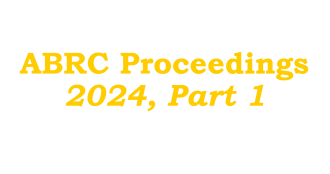
Part 1 DOI: https://doi.org/10.55406/ABRC.4.24.1 The American Association of Professional Apiculturists (AAPA) hosted its annual meeting, the American Bee Research Conference (ABRC), in New Orleans,…
Read More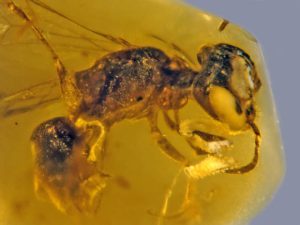
Bees Originated in Western Gondwana before Breakup of Africa and South America, Study Suggests by News Staff Bees are the most significant pollinators of flowering…
Read More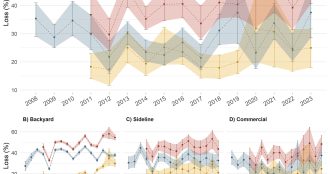
United States Honey Bee Colony Losses 2022-2023: Preliminary Results from the Bee Informed Partnership By: Nathalie Steinhauer, Mikayla Wilson, Dan Aurell, Selina Bruckner, Geoffrey…
Read MoreDOI: https://doi.org/10.55406/ABRC.23 The American Association of Professional Apiculturists (AAPA) hosted its annual meeting, the American Bee Research Conference (ABRC), in Jacksonville, Florida on January 5th…
Read More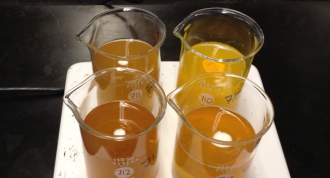
By Vaughn Bryant The Science Of Using Pollen To Study Honey. INTRODUCTION Melissopalynology is the study of pollen in honey. The term comes from…
Read More
By Joseph Cazier, Walter Haefeker & Edgar Hassler In Search Of The Genius Hive Last month, in the October issue of Bee Culture, our…
Read More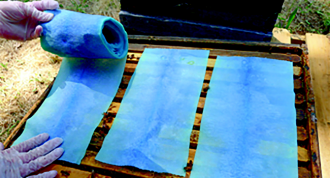
By: Jennifer Berry Use Methods For Controlling Varroa That Are Tested, Legal and Work Last year, a new method of using oxalic acid (OA)…
Read More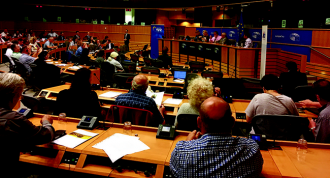
By: Joseph Cazier Why Americans Should Care Introduction From June 26-28, 2018 the European Parliament hosted the seventh annual BeeWeek in Brussels, Belgium. I was…
Read More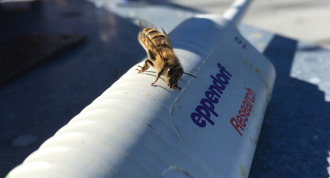
By: Shelley Tomlinson Biologists, beekeepers and economists are all working together at the University of British Columbia (UBC) to help beekeepers deal with challenges…
Read More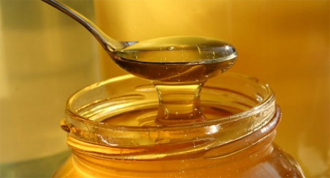
By: Bob Binnie The debate on what constitutes good food seems to be endless. Diets abound with notions that are as varied as the…
Read More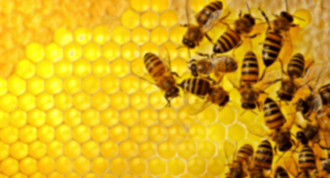
By: Joseph Cazier The Genius hive will be able to tell you what it needs to do better. Introduction Many of the changes we are…
Read More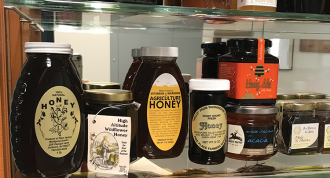
Keeping Your Honey Waiting By: Jay Evans As a scientist, I notice and tuck away lots of recent articles on topics that relate to…
Read More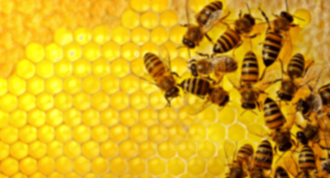
By Jay Evans Old Time Bee Legions Few people are more attuned to honey bee behavior than Cornell University Professor, Thomas Seeley. From his…
Read More